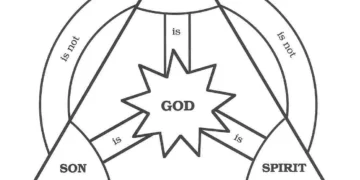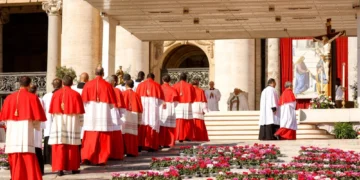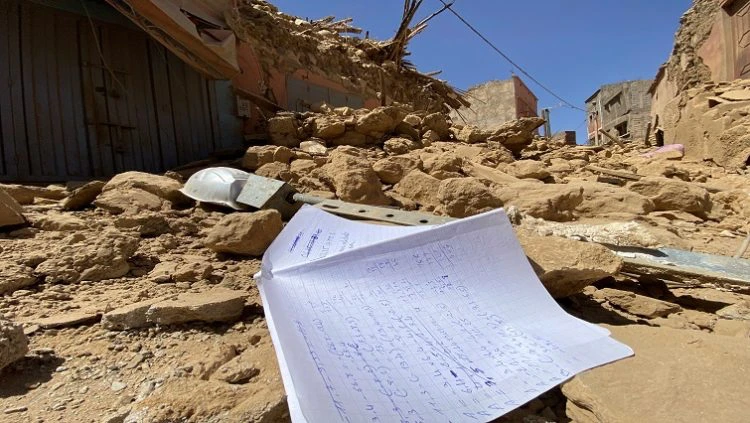On the fateful day of the recent earthquake in Morocco, countless lives were affected as the ground trembled beneath their feet. Natural disasters like earthquakes have often been associated with catastrophic events occurring within our world. There are those who interpret such occurrences as potential signs of an impending apocalypse. While considering this perspective, it is important to examine multiple aspects, including religious texts and individual beliefs. However, it is essential to approach this discussion with an open mind, understanding that scientific explanations for earthquakes exist without invoking religious notions.
Earthquakes and the Apocalypse
The notion that earthquakes could portend the apocalypse stems from various biblical passages. In Revelation 16:18, it states, “Then there was a great earthquake, such as had not occurred since man came to be upon the earth, so great an earthquake was it, and so mighty.” This verse, along with references to seismic activity in other chapters of the Bible, has fueled speculation and interpretations that associate earthquakes with the end of times.
“Then there was a great earthquake, such as had not occurred since man came to be upon the earth, so great an earthquake was it, and so mighty.”
Praying for Resilience
Regardless of our religious beliefs or interpretations, faced with the devastating aftermath of a powerful earthquake, it is natural for individuals to seek solace and guidance through prayer. Prayer can provide comfort, strength, and help those affected find the resilience needed to rebuild their lives. In times of distress, people often turn to prayer as a means of finding hope and seeking collective support, irrespective of whether they directly link earthquakes to apocalyptic events.
Understanding Earthquakes Scientifically
From a scientific perspective, earthquakes are not supernatural or divine events, but rather natural occurrences resulting from the shifting of tectonic plates beneath the Earth’s surface. Earthquakes in regions like Morocco are the consequence of the ongoing process of plate tectonics. The North African region lies close to the boundary of the African and Eurasian plates, making it prone to seismic activity. Acknowledging the scientific understanding of earthquakes does not diminish the religious or spiritual beliefs one may hold.
Finding Balance
In contemplating the relationship between earthquakes, the apocalypse, and prayer, it is crucial to strike a balance between faith and reason. Recognizing the scientific explanations behind natural phenomena like earthquakes does not invalidate religious beliefs. It is possible to hold spiritual convictions dear while acknowledging scientific principles.
Rather than interpreting every earthquake as an imminent sign of the apocalypse, it may be more prudent to focus on fostering compassion, unity, and resilience in the face of adversity. Engaging in acts of kindness, supporting disaster relief efforts, and advocating for improved infrastructure can be more effective ways of responding to earthquakes and their aftermaths.
Focus on Compassion
While some individuals may interpret earthquakes as potential signs of the apocalypse, it is essential to approach this topic with an open and understanding mindset. The scientific understanding of earthquakes exists separately from religious interpretations, and both perspectives can coexist. Regardless of any associations made, prayer can provide solace and strength to those affected. Instead of fixating on apocalyptic assumptions, it is important to focus on coming together, striving to cultivate compassion, and supporting one another in times of crisis. Earthquakes may serve as reminders of our vulnerability, urging us to be prepared, proactive, and supportive, rather than panic and fear.
















































































